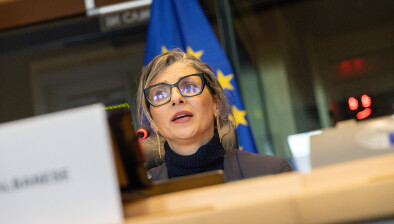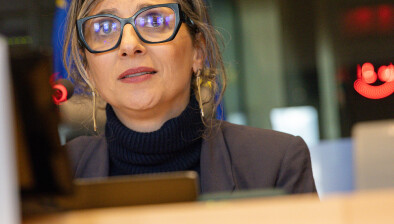International Criminal Court judges ‘cautious’ about using impact of mental health

International Criminal Court judges have taken a “cautious” attitude to considering the impact of mental health issues on witnesses and the accused, analysis shows.
A new study outlines how the issue of mental health in international criminal law and justice has gathered momentum as the potential trauma of victims and witnesses who testify is being given more attention.
But it also shows how judges have been strict in their consideration of mental health, both in their admissions of testimony of traumatised witnesses and in their assessment of the mental capacity of the accused.
The study says all those involved in investigation and prosecution of atrocities should ensure they are familiar with languages, beliefs and cultures of the defendants, the witnesses and the victims if the International Criminal Court is to achieve its global mandate.
As part of the research, published in the Routledge Handbook of Mental Health Law, Professor Caroline Fournet, from the University of Exeter Law School, read ICC trial judgments and appeal judgments.
Professor Fournet said: “The increasing judicial recognition of — and emphasis on — the mental health repercussions of crimes of sexual violence on victims is obviously to be welcomed, encouraged and strengthened as a first step towards a more general acknowledgement of the psychological impact on victims of all international crimes and atrocities. Judges have taken a cautious attitude so far.
“But those involved in cases must be familiar with languages, beliefs and cultures of the defendants, the witnesses and the victims if investigations and trials are to be run fairly and successfully.”
Mental health explicitly appears in the definitions of certain international crimes as well as in specific rules designed to protect victims — particularly, although not exclusively, victims of sexual violence — and to facilitate the testimonies of traumatised witnesses.
The mental health of the defendant is also taken into consideration, both at the time of the trial since he or she must be fit to stand trial, and at the time of the commission of the crimes.
The birth of contemporary international criminal law may be traced back to the aftermath of the Second World War and the establishment of the International Military Tribunal in Nuremberg (1945) and of the International Military Tribunal for the Far East in Tokyo (1946). In the 1990s the International Criminal Tribunal for the former Yugoslavia and of the International Criminal Tribunal for Rwanda were created to prosecute the individuals responsible for international crimes. The Statute of the International Criminal Court (ICC) came into force in 2002.









